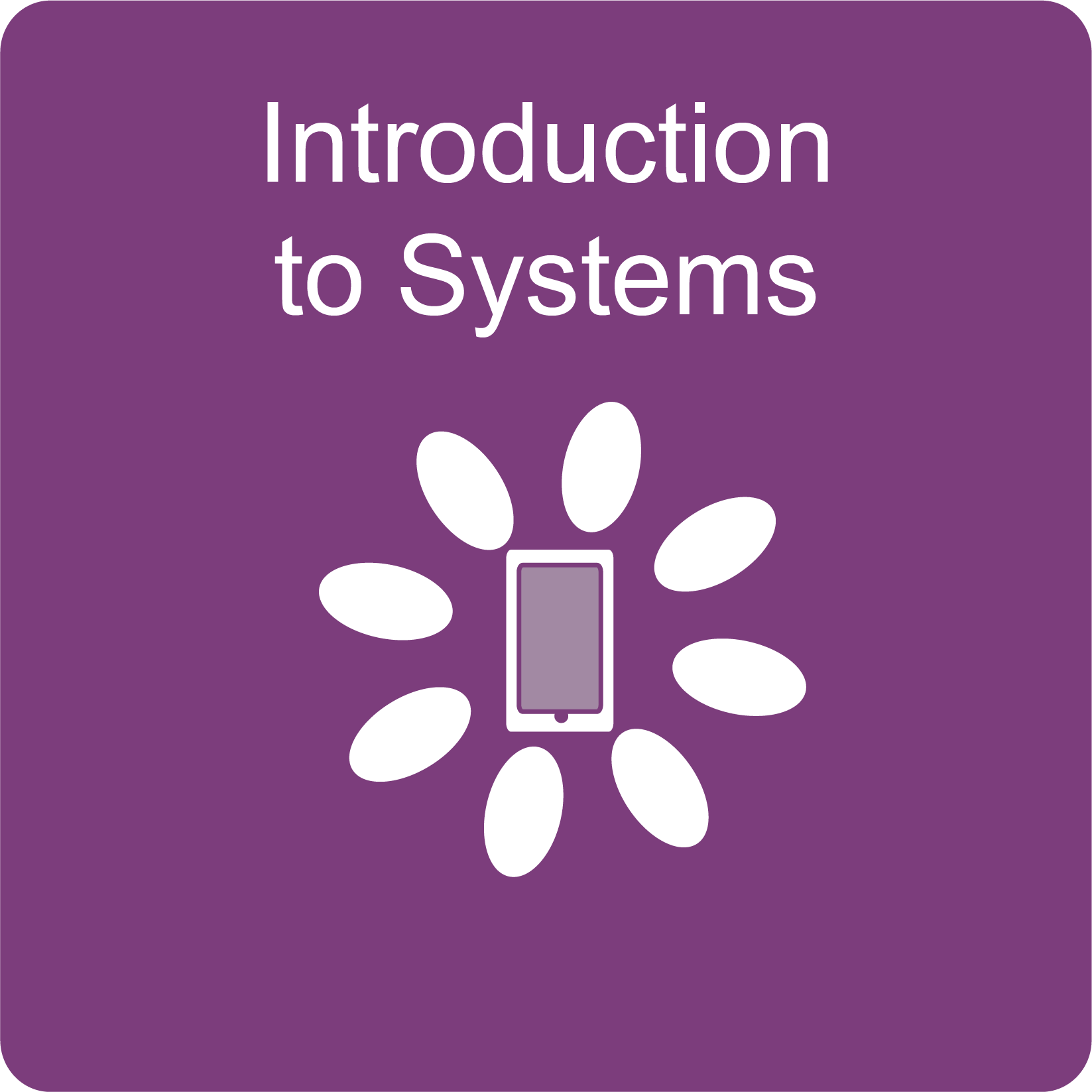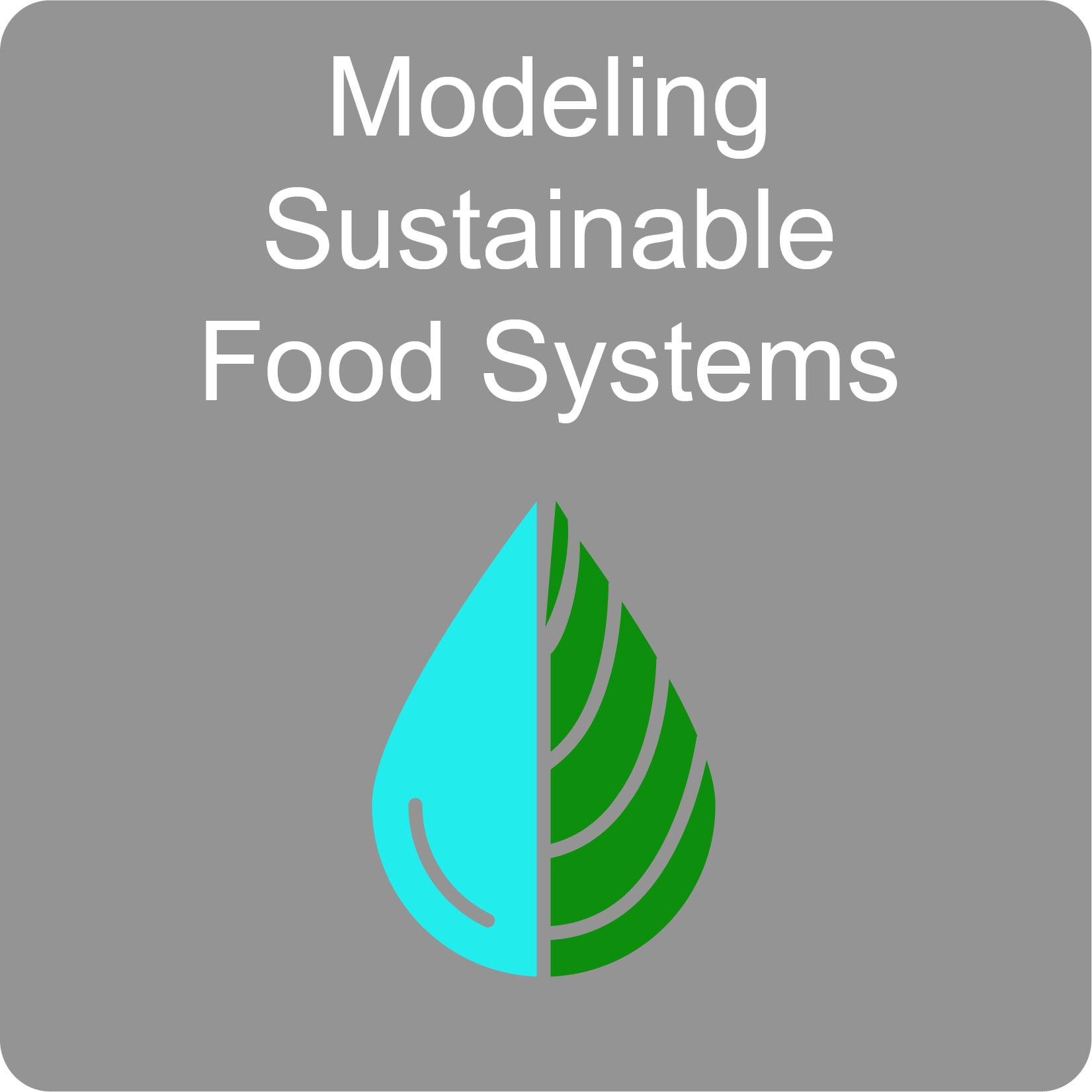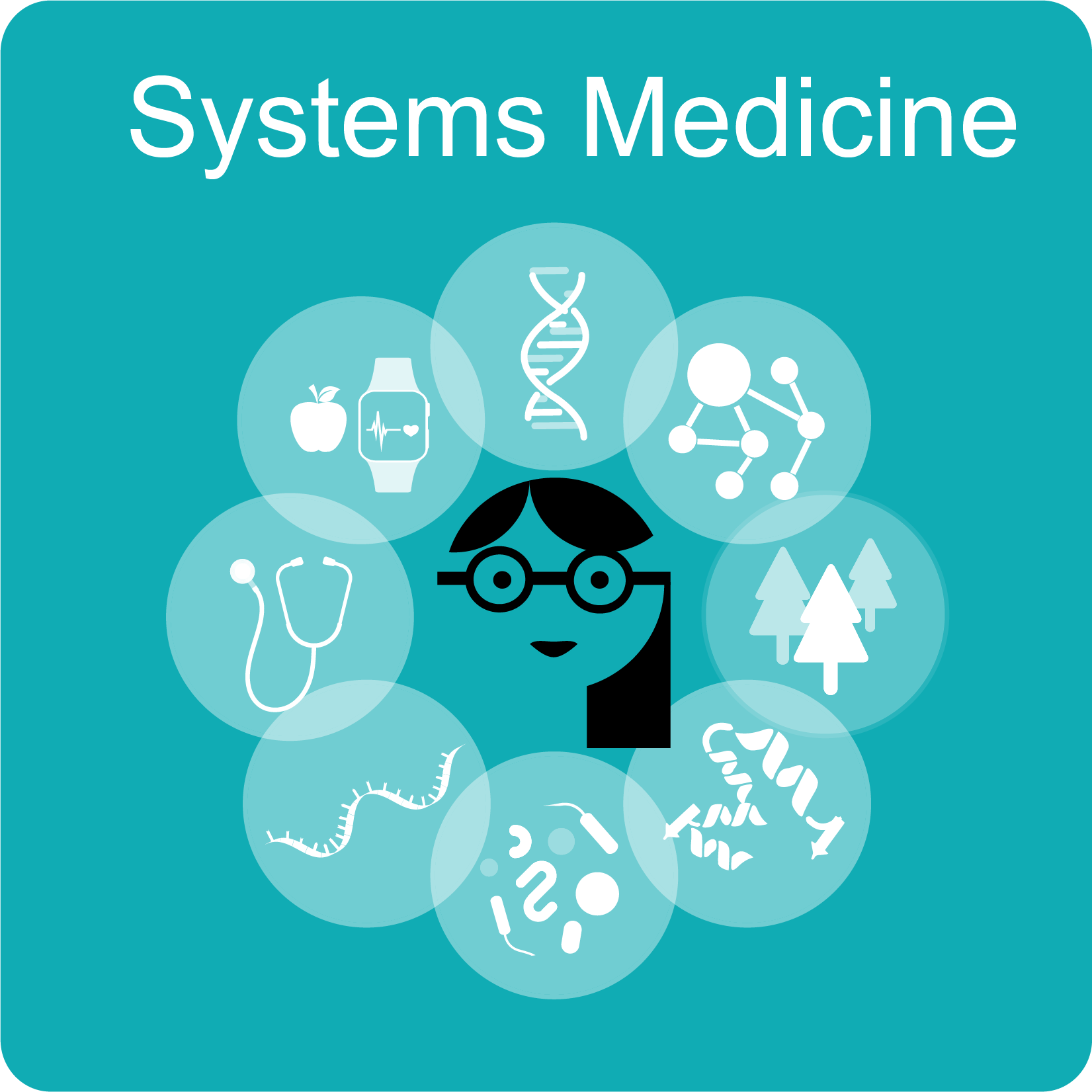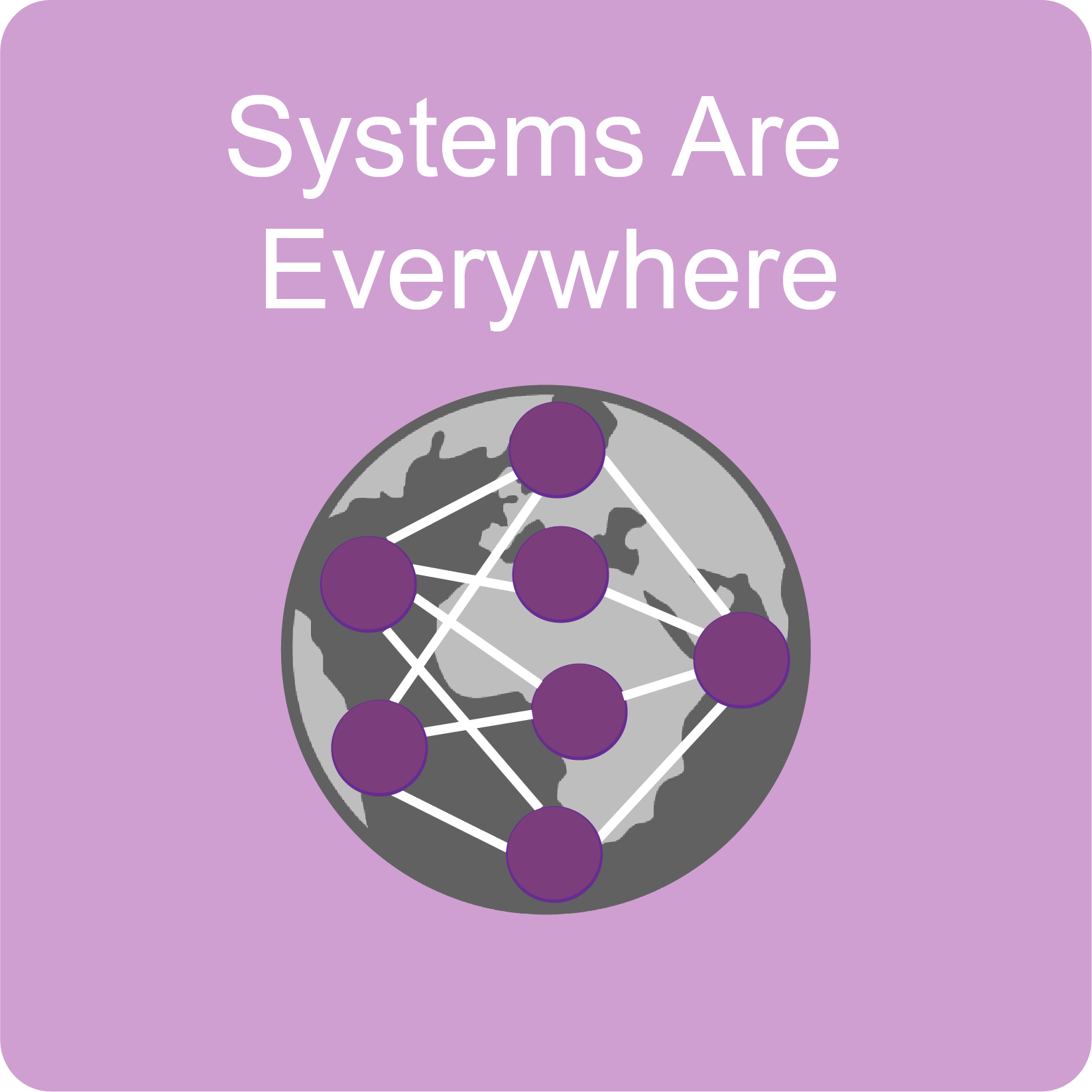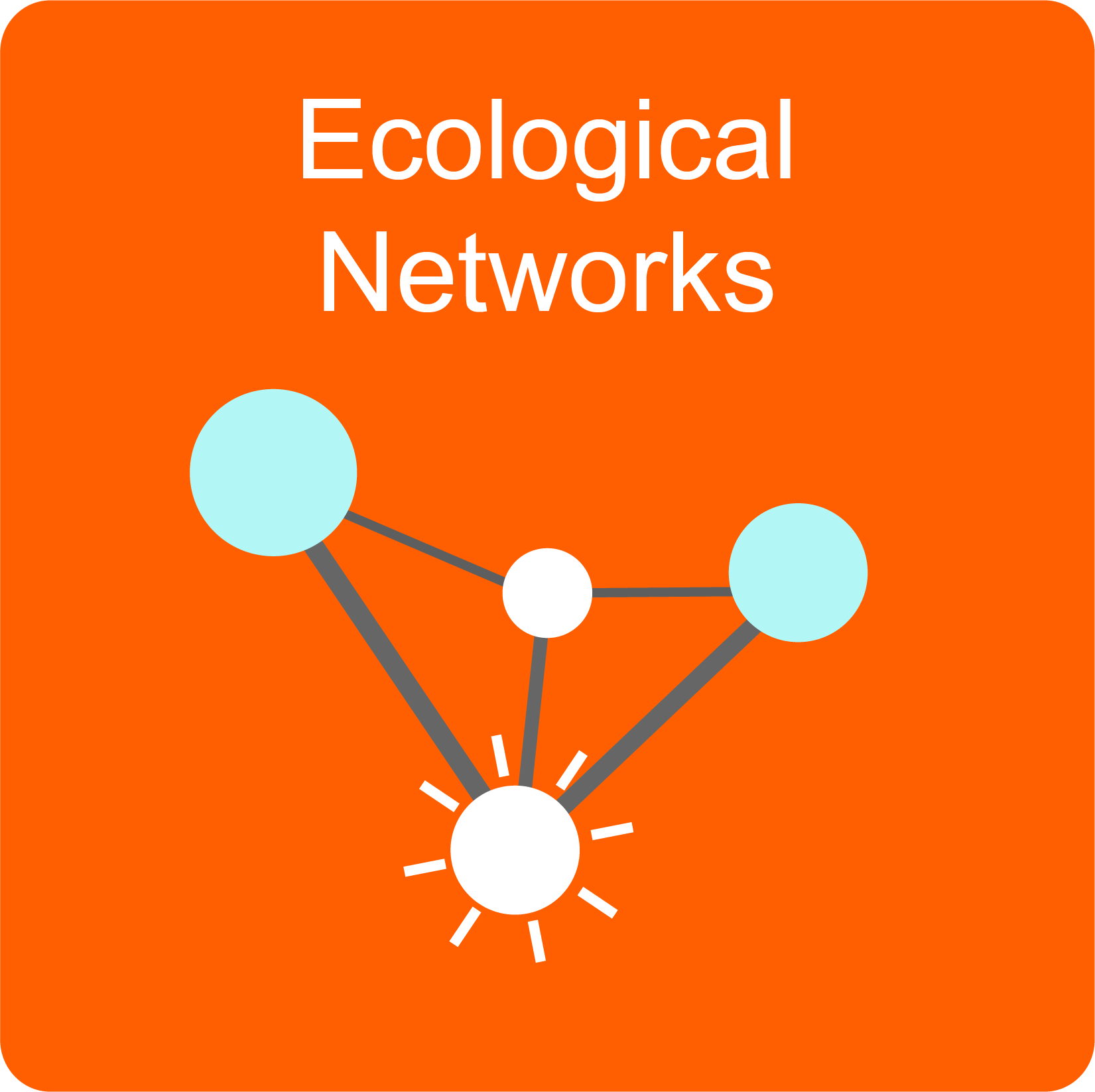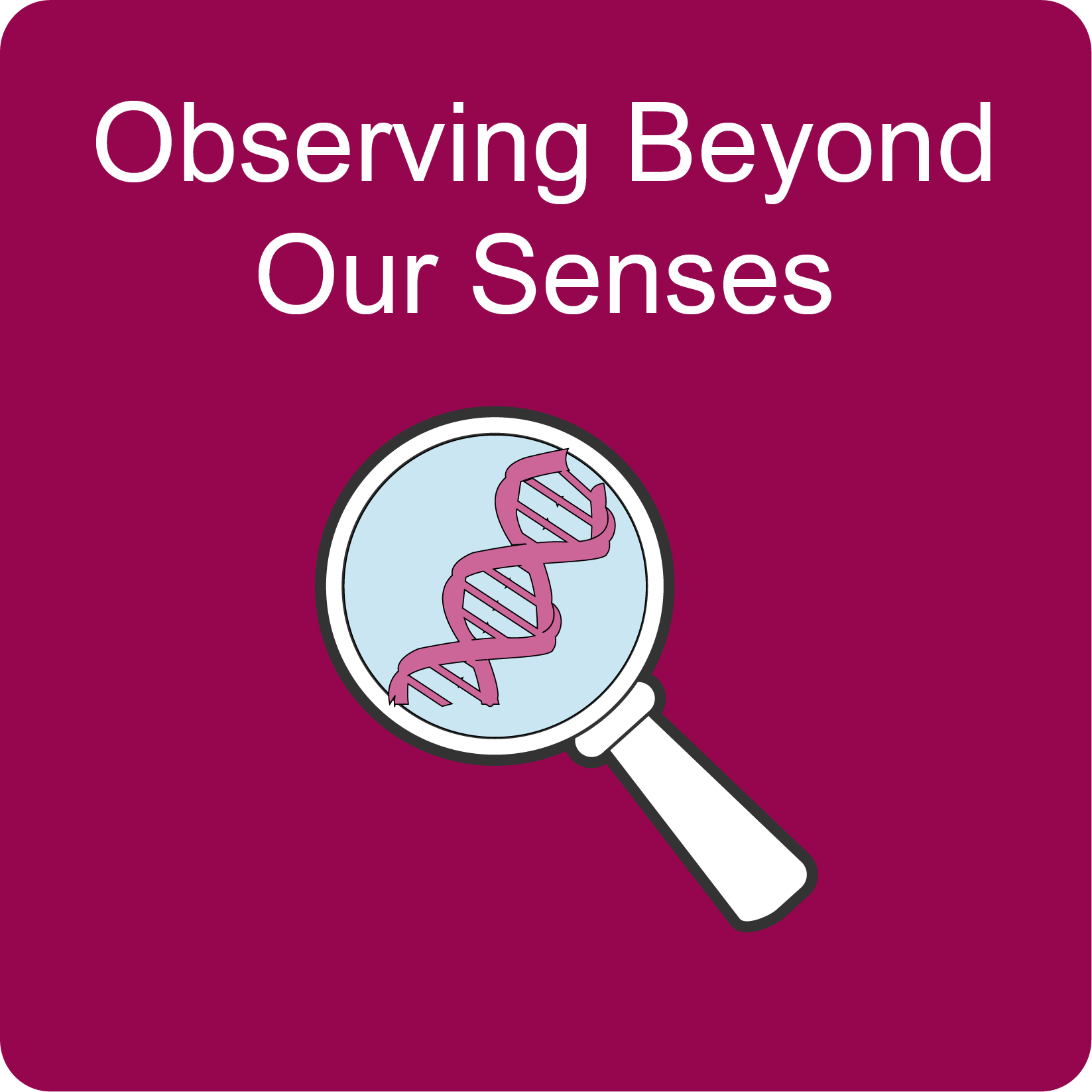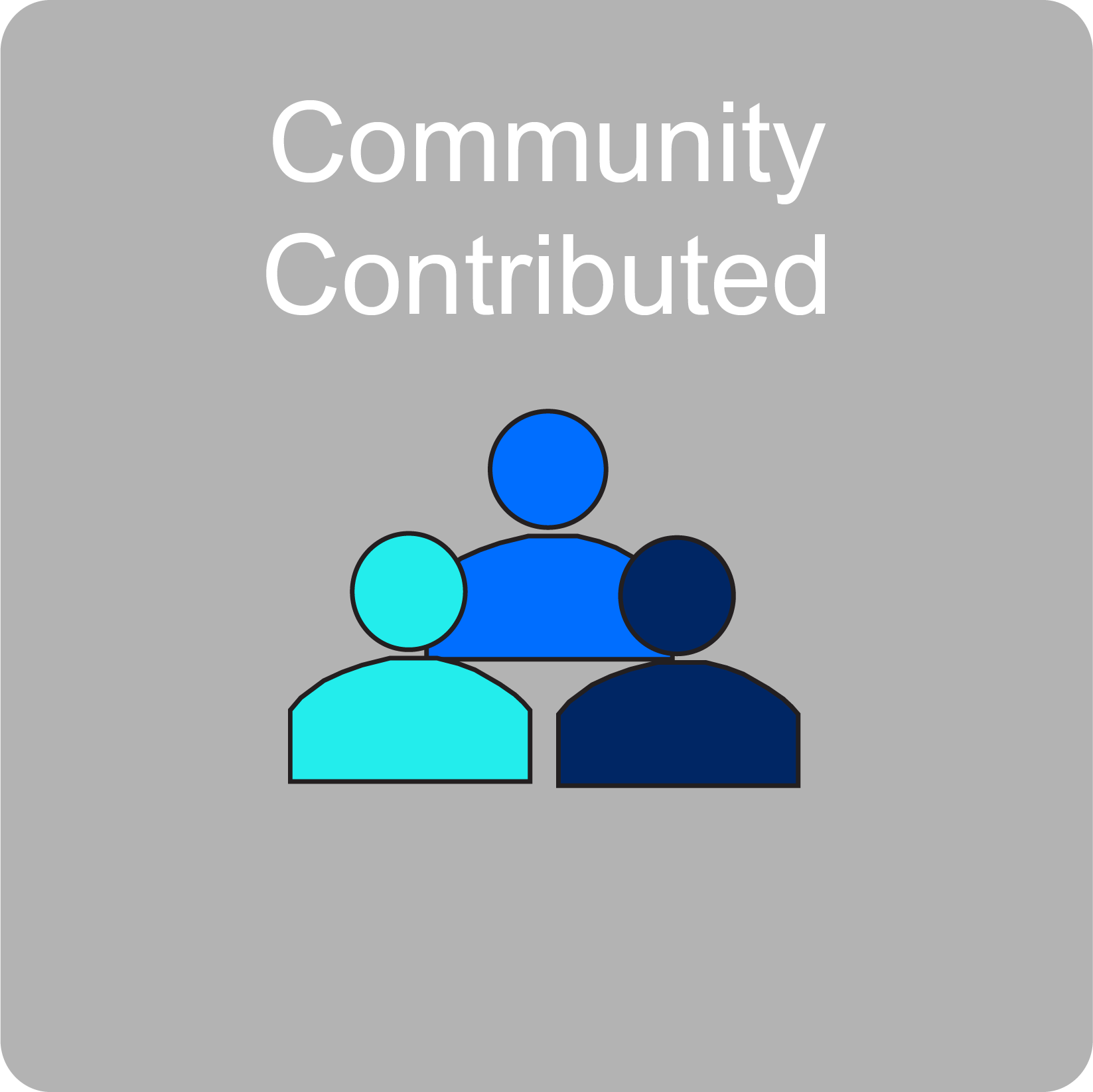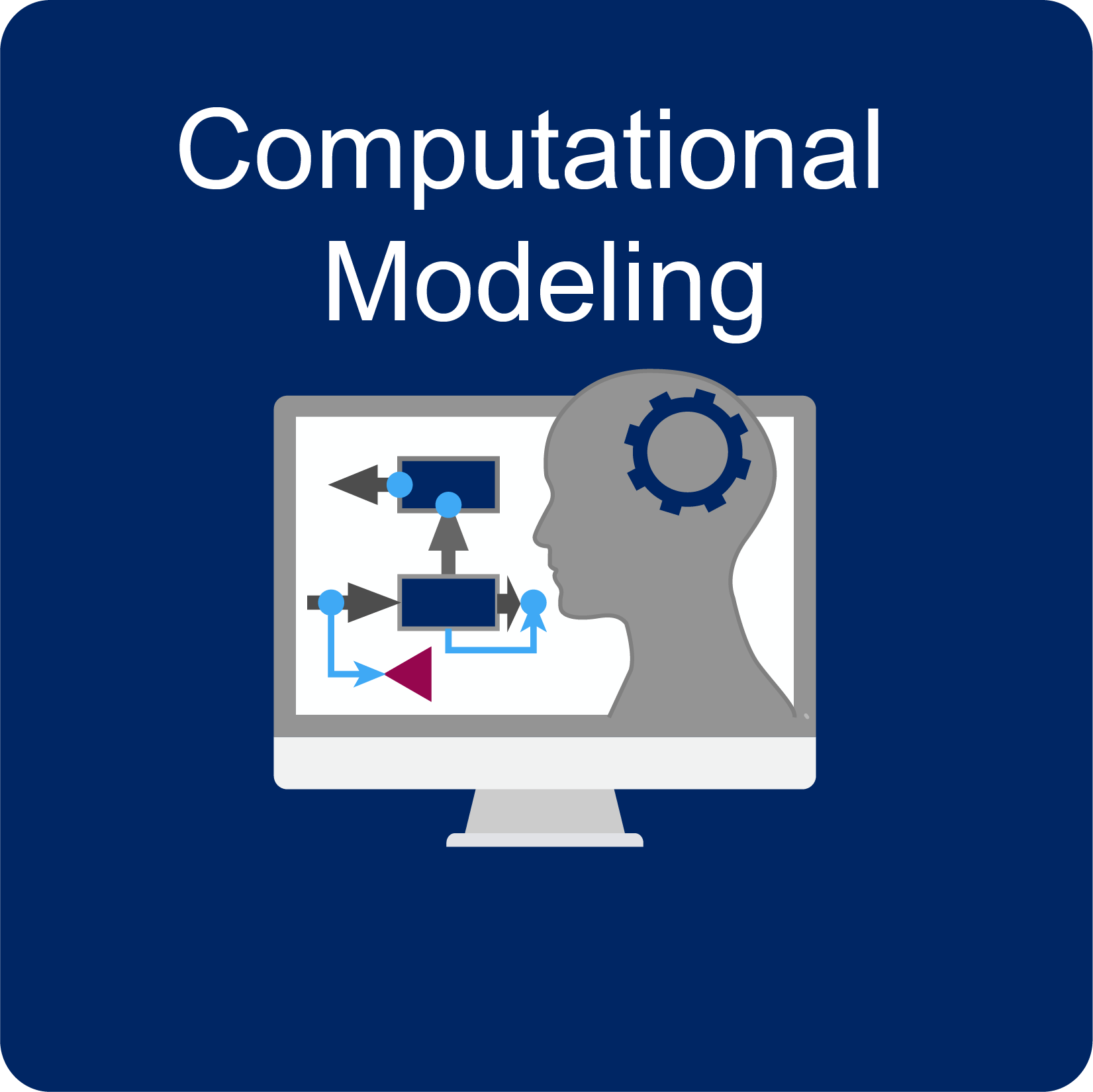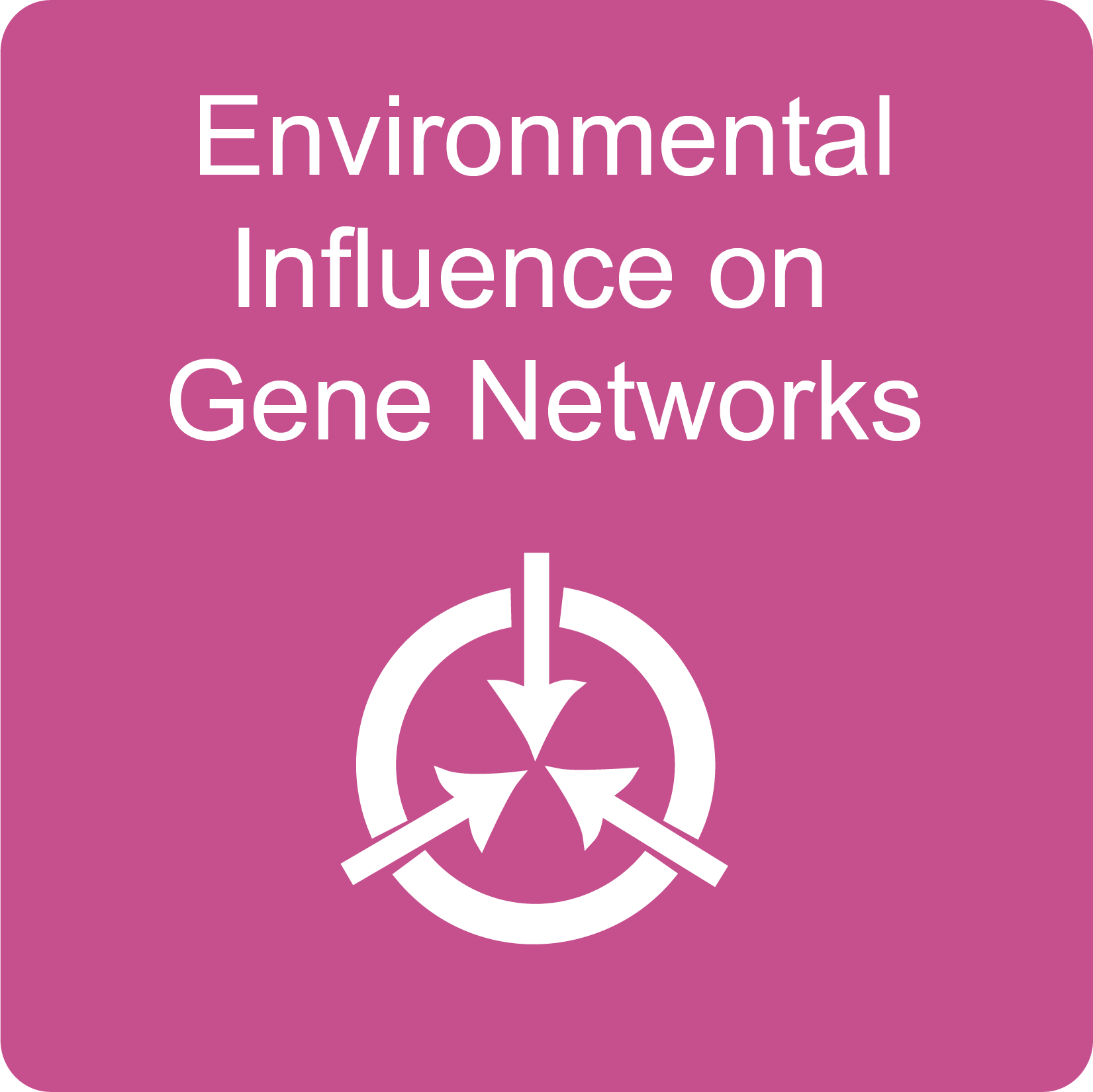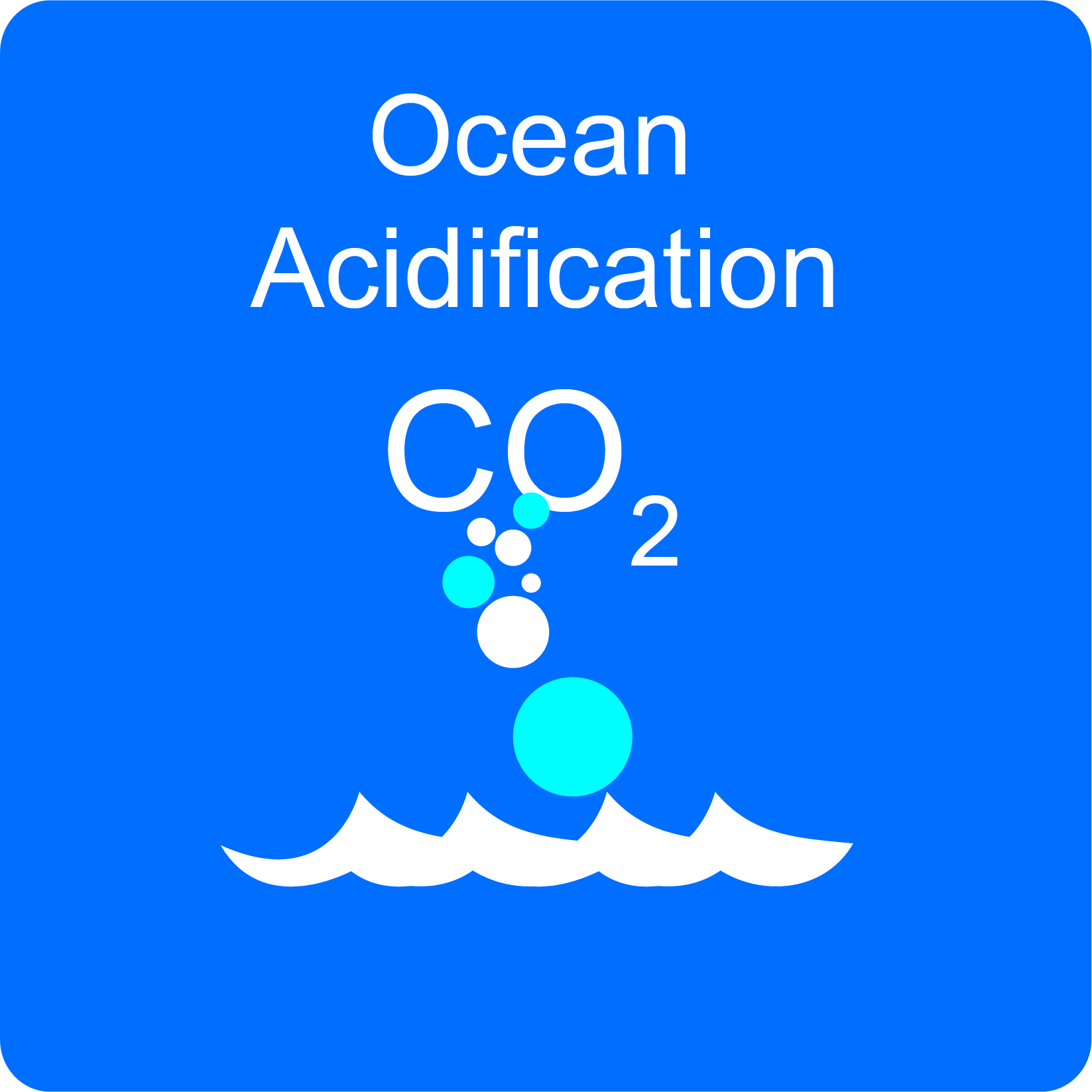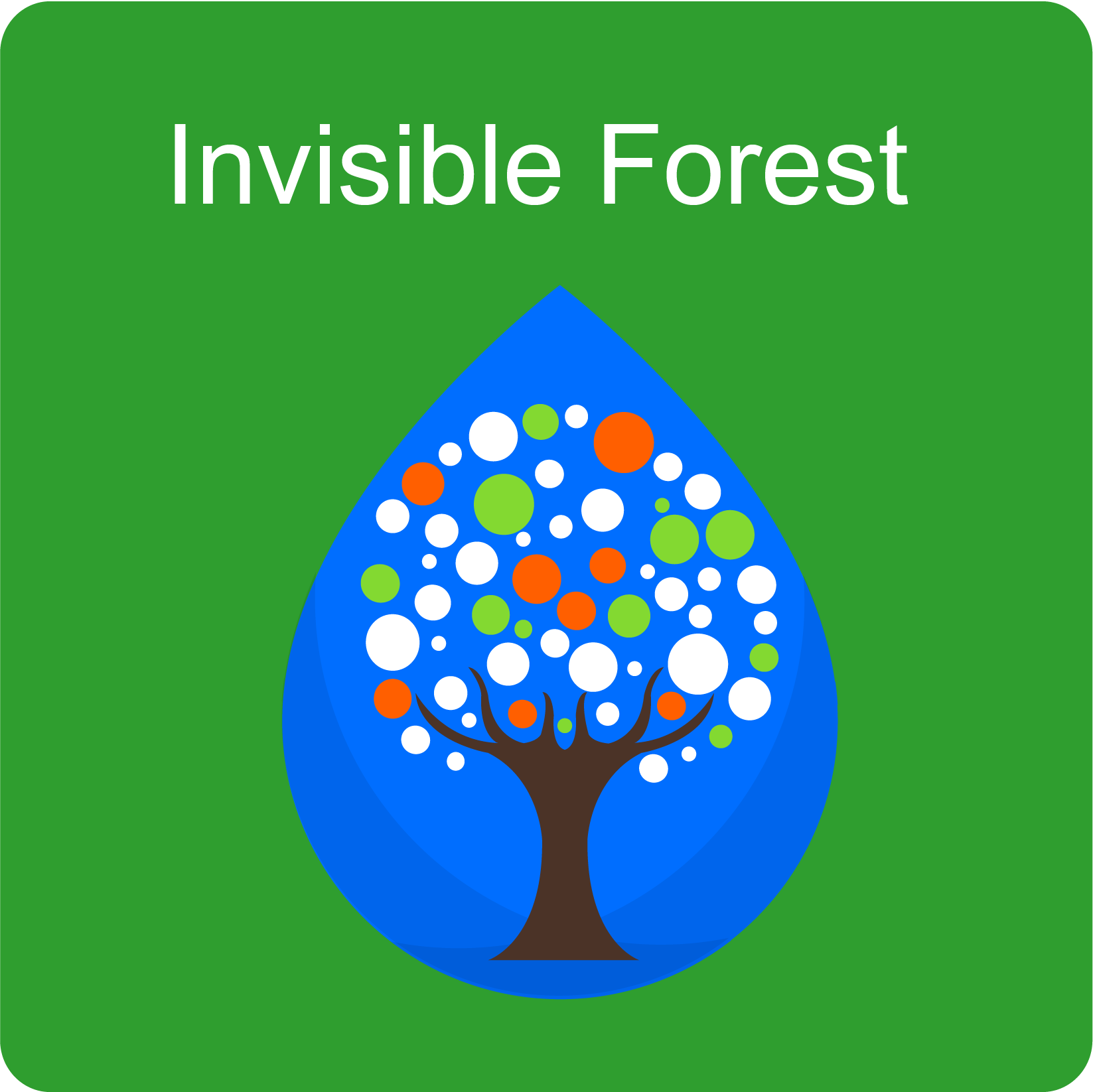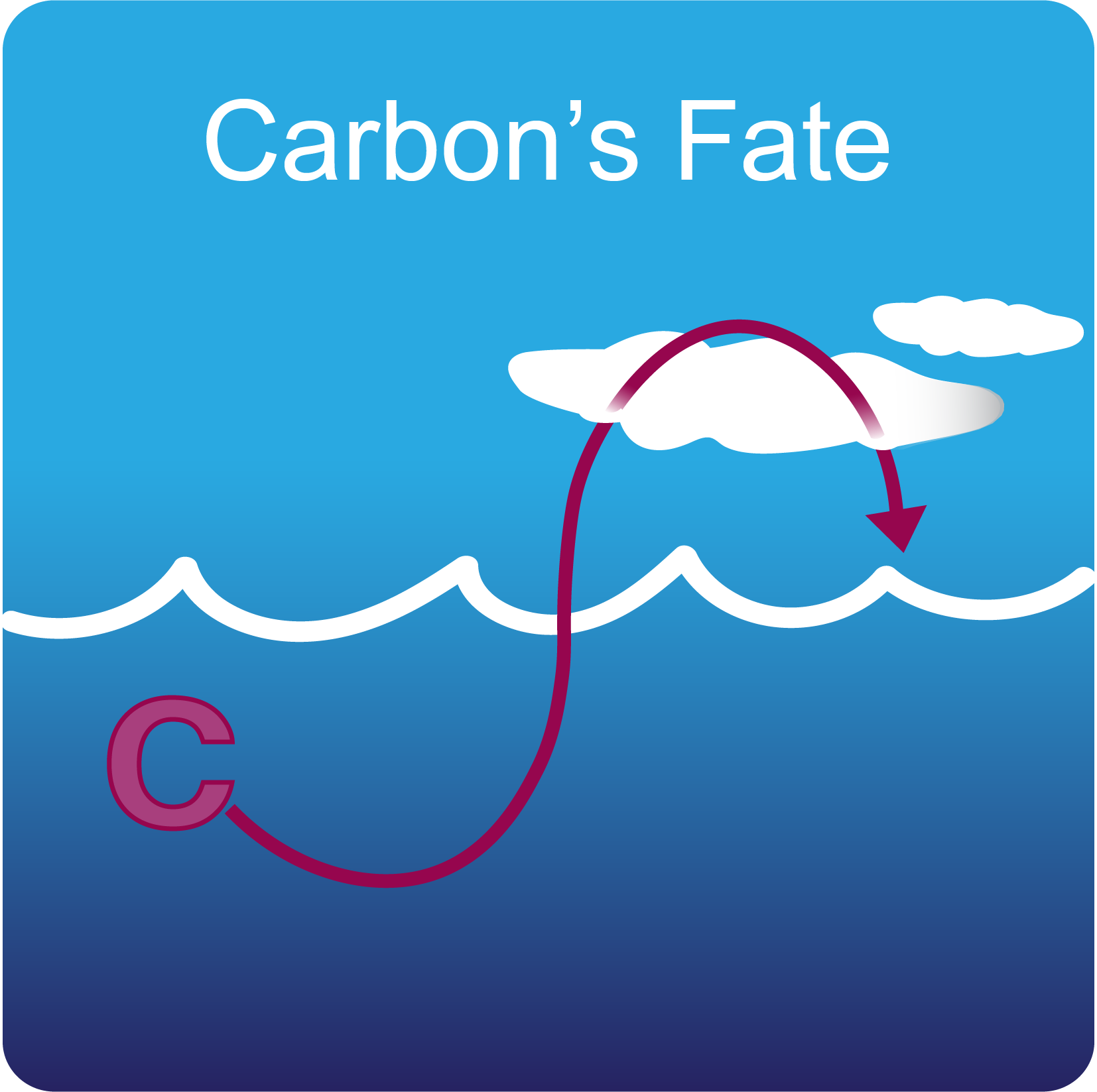Curriculum Modules

- Introduction to Systems
- Systems Are Everywhere
- Bioengineering a Sustainable World
-
Computational Modeling
- Demystifying Machine Learning
- Ecological Networks
- Environmental Influence on Gene Networks
-
Invisible Forest
Unit Plan Lesson 0.5 – It’s Only a Drop of Water (Project Based Learning Plan) Lesson 1 – A Breath of Oxygen Lesson 2 – Who’s who in the photosynthetic world from macro to microscale Lesson 3 – Tools of the Trade Exploratorium: Collecting Oceanographic Data From Where We Cannot See Lesson 3.5 Phytoplankton, Spectrophotometry & Microscopy Labs Lesson 4 – Scaling up: Linking cells in a drop of seawater to global patterns Lesson 5 – Dive into Data: Raw to Results Contributors
-
Modeling Sustainable Food Systems
Food Security Module Overview Lesson FS1: Introduction to Food Security Lesson FS2: Critically Evaluating Food Production Techniques Application: Designing, constructing, and reengineering a system Lesson FS3: Who Cares? Stakeholders! Lesson FS4: Food Security as a System Lesson FS5: Why Don’t We Just Grow More? Lesson FS6: Where Does Our Food Come From? Lesson FS7: Summative Assessment – United Nations Council Meeting Contributors
-
Observing Beyond Our Senses
Unit Plan Lesson 1 – Introduction to Saline Environments & Microbial Halophiles Lesson 2 – Design Process-Measuring Wind Speed Lesson 3 – Inferences From Proxy Variable Mock AFM Lesson 4 – Signal and Noise Lesson 5 – Inferring Properties and Calibrations Lesson 6 – Death Valley Middle Basin Case Study Contributors
-
Ocean Acidification
Unit Plan Lesson 1 – Critical and Systems Evaluation of News Articles Lesson 2 – Exploring CO2 to Better Understand Ocean Acidification Lesson 3 – Defining the Problem: Ocean Acidification Lesson 4 – Planning Cohesive Experiments Lesson 5a – Ocean Acidification Experimentation Lesson 5b – Online Data and Supplemental Evidence Lesson 5b – Online Data and Supplemental Evidence (pre-2018 version) Lesson 5c – Using Ocean Acidification Models to Make Predictions Lesson 6 – Global Ocean Acidification Summit Contributors
-
Carbon’s Fate
-
Systems Medicine Education
-
Standards Addressed
- Community-Contributed
Overview of SEE Modules
The Baliga Lab at ISB has been translating its integrated systems biology research into user-friendly curriculum modules since 2004 through the program, Systems Education Experiences (SEE). By forming collaborative teams comprised of scientists, educators and students, today's research and methods have become hands-on, accessible activities. These activities provide authentic science investigations that engage students and bridge the distance between the professional lab and the classroom.
Each module, and the lessons within the modules, can be completed independently or together in a classroom. Each SEE Module bundles between 3 days and 5 weeks of content for high school classrooms. All modules work toward helping students internalize interdisciplinary STEM concepts and the skills of research and systems biology. Systems thinking, collaboration, experimentation and problem-solving are key components of these learning experiences. The modules purposefully weave together multiple Next Generation Science Standards through researching real-world phenomena. Please see our Standards Addressed page for compiled information and each of our individual lesson pages for specific standards addressed. See our Systems Thinkers in STEM pages for information on how to integrate career connections into our modules. See our home page for more general information on our program.
How to Navigate through these Webpages to Access SEE Modules and Lesson Plans
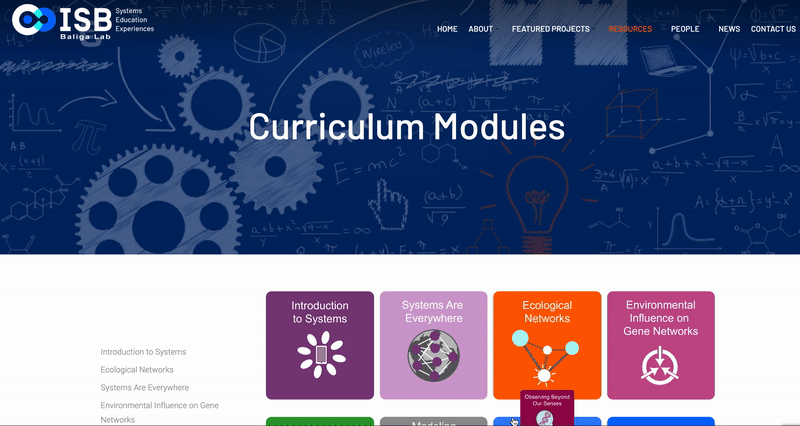
Hover over module icons to view a short description and launch the module. Use the navigation sidebar to navigate between the unit plan and lessons. Please contact us if you want guidance on how to use adapted lessons within these modules for remote or at-home learning environments - see@isbscience.org.




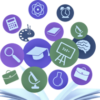




SEE Modules Are:
- Engaging - Students and teachers report being more engaged with learning when using SEE modules as compared to other standard high school lessons.
- Hands-on - Science is an active process. As such, SEE modules allow students to do which is hands-on.
- Inclusive - SEE modules are written with pedagogical strategies to encourage true participation for all students leading to increased STEM proficiency.
- Collaborative - Systems Biology research is only possible through collaboration. Each module uses pedagogical strategies to strengthen students' effective collaboration skills.
- Interdisciplinary - Systems Biology is an interdisciplinary science that uses life science, physical science, engineering, math, computer science, the humanities, and much more. In the professional realm, we do not separate disciplines, but use them as part of one process. This process is specifically built into our modules.
- Based on a problem, phenomenon, case study, with a driving question(s) - Teaching interdisciplinary science is made possible in a single disciplined course such as "Biology" by focusing the content on a common problem, issue or phenomenon. The lessons are written so the teacher can deeply connect to certain content while applying other content. This makes for a very authentic learning experience. This also makes SEE modules a perfect fit for achieving the vision set out by the Next Generation Science Standards.
- Standards and research-based - SEE staff are professional educators who work with many partners and researchers to ensure teachers are using best practices. As part of this work, we align all activities with the newest, standards and research. The standards currently guiding SEE modules are Next Generation Science Standards, Common Core, 21st Century Skills (including Systems Thinking Skills) and seminal studies such as those found in our Curriculum Development and Standards Addressed pages.
- Focused on using systems approaches while building higher-level thinking skills - Memorizing scientific content is not important in today's STEM research careers or in our increasingly STEM-centric society. Thus all SEE modules use strategies that get students to think through situations and to learn the applicable content in order to understand it within the system they are considering.
- Written to guide pedagogy - All of our lesson plans are written to guide teachers through the day-to-day process of guiding students through rigorous, student-driven learning.
- Free, adaptable, and accessible - All lessons are online with links to everything you need to implement this in your classroom. Documents, powerpoints, teacher keys, etc. are all provided in an easy-to-use format that is editable. This allows you to customize files for your students or to use them as is. Two modules (Ecological Networks and Environmental Influence on Gene Networks) use microorganisms and salt solutions for experimentation. The recipes and materials lists are provided. However, for easy classroom implementation, if you want a ready-to-use kit of materials, contact us and we can provide one for you.
- Award-winning and embedded into State frameworks - Several SEE modules have received prestigious awards such as the WA State Leadership in Science Education Reform (LASER) award for exemplary materials. SEE's Introduction to Systems and Ocean Acidification modules have been built into the State of California's 3-Course Science Framework which is recommended for use with CA's 1.8 million students each year.


